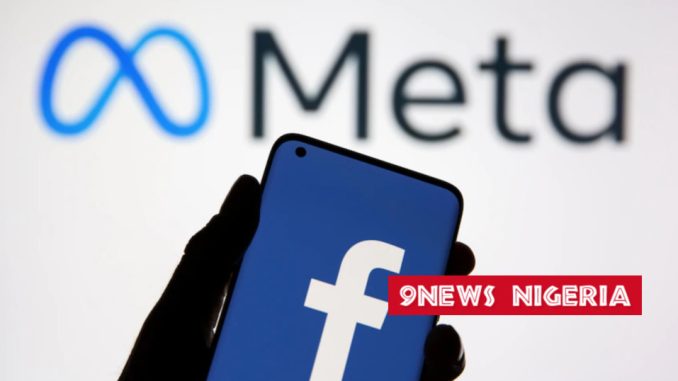
The Australian government has announced a plan to tax major digital platforms, including Meta (Facebook), Google, and ByteDance (TikTok), if they fail to establish revenue-sharing agreements with Australian news organizations. Dubbed the News Bargaining Incentive, the policy targets companies with annual Australian revenues exceeding AU$250 million and is scheduled to take effect on January 1, 2025.
The tax will apply to the platforms’ Australian revenue but can be offset if the companies enter into agreements to pay news organizations directly. By offering this offset, the government aims to incentivize tech companies to negotiate with media outlets rather than face financial penalties. While the government does not expect the tax to generate significant revenue, it views the measure as a tool to support quality journalism and ensure fair contributions from digital platforms.
Assistant Treasurer Stephen Jones stated that the policy is designed to encourage tech giants to take responsibility for their role in Australia’s digital ecosystem. “Digital platforms receive huge financial benefits from Australia, and they have a social and economic responsibility to contribute to Australians’ access to quality journalism,” he said. The tax also aims to prevent platforms from bypassing their obligations by removing news content from their services, as Meta had done in the past.
The initiative builds on Australia’s 2021 News Media Bargaining Code, which required tech companies to negotiate with news outlets for the use of their content. However, the new policy seeks to address existing gaps, particularly for smaller publishers who have struggled to secure agreements, unlike larger media organizations.
This decision comes after Meta announced it would not renew deals worth up to AU$200 million with Australian publishers, sparking concerns about job losses and the sustainability of journalism in the country. News Corp Australasia’s executive chairman, Michael Miller, welcomed the government’s move and expressed optimism that the policy would facilitate renewed negotiations with platforms like Meta and TikTok.
Meta has criticized the proposed tax, claiming it unfairly targets the industry and disregards the voluntary nature of publishers posting content on its platforms. A Meta spokesperson argued that the policy fails to reflect how its platforms function, asserting that most users do not engage with news content. TikTok has also expressed dissatisfaction, contending that it primarily serves as an entertainment platform rather than a source for news.
The government intends to legislate the policy in early 2025, with the tax applied retroactively from January 1, 2025. Consultations with the affected companies are expected to finalize the tax framework and its offset provisions, which the government views as critical to sustaining a robust and diverse media landscape in Australia.











